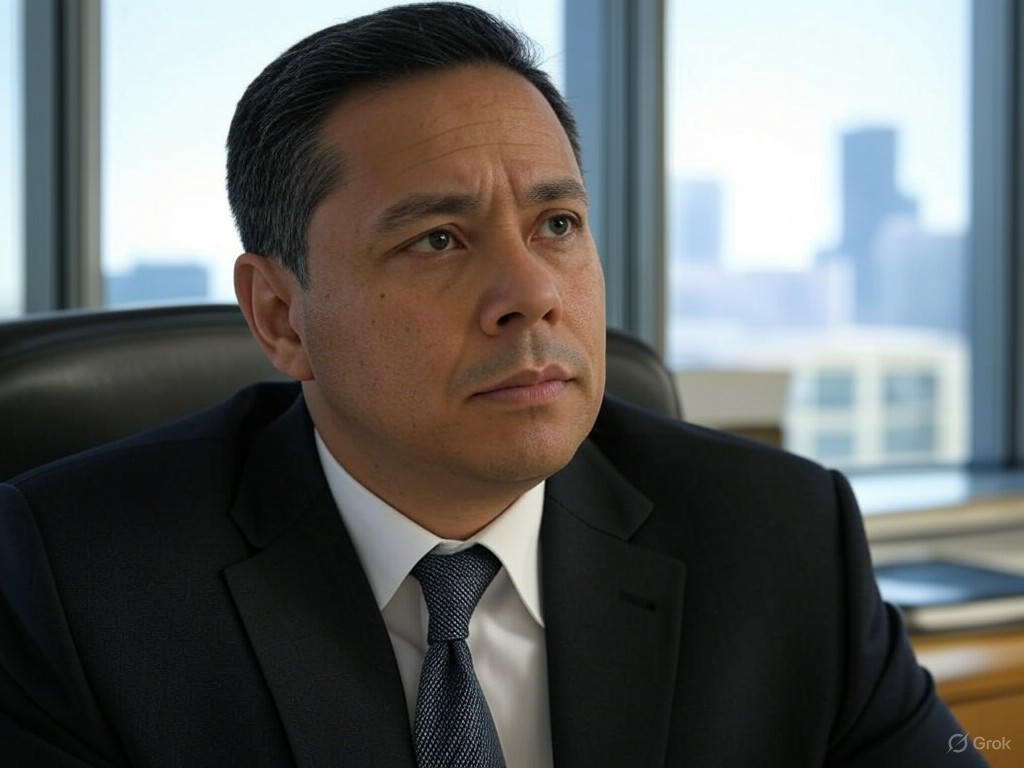Gulf Markets Show Resilience Amid U.S.-Iran Conflict Escalation
In a surprising turn of events, financial markets in the Gulf region have displayed remarkable stability following heightened geopolitical tensions. On a recent Sunday, as news broke of the United States stepping into the ongoing conflict between Israel and Iran with a military strike, investors braced for potential chaos. Yet, most stock indices in the Middle East closed in positive territory, reflecting a sense of cautious optimism amid uncertainty. This unexpected resilience has sparked discussions among analysts about the factors insulating these markets from broader turmoil.
The Gulf Cooperation Council (GCC) countries, including powerhouses like Saudi Arabia, the United Arab Emirates, and Qatar, have long been sensitive to regional instability due to their proximity to conflict zones and reliance on oil revenues. However, several elements appear to have buffered their economies this time around. For one, robust oil prices, driven by fears of supply disruptions, have provided a financial cushion for these oil-dependent nations. Additionally, years of economic diversification efforts—such as Saudi Arabia’s Vision 2030 initiative—have reduced some of the direct impact of geopolitical shocks by fostering growth in non-oil sectors like tourism, technology, and finance. These structural changes seem to have instilled a degree of confidence among investors, even as military actions intensify in the region.
Moreover, the response from global financial players has played a role in steadying the ship. While initial reactions to the U.S. strike on Iran included sharp volatility in certain asset classes, major institutional investors have largely refrained from panic selling in Gulf markets. Analysts suggest this could be due to the perception that the conflict, while serious, may not immediately disrupt critical infrastructure or trade routes like the Strait of Hormuz, a vital chokepoint for oil shipments. Local governments have also been quick to reassure markets, with statements emphasizing preparedness and economic stability. For instance, central banks in the region have signaled readiness to inject liquidity if needed, further calming jittery nerves.
That said, the situation remains fluid, and the long-term outlook is far from certain. While Gulf markets have dodged an immediate downturn, prolonged conflict could still weigh on investor sentiment, especially if energy prices spike uncontrollably or if further escalation draws in more international actors. Some experts warn that smaller, less diversified economies in the region might not fare as well as their larger counterparts if the crisis deepens. For now, though, the region’s bourses have sent a clear message: they are not easily rattled, even by events as seismic as a U.S. military intervention.
As the world watches the unfolding drama between global powers, the Gulf’s financial hubs stand as a testament to adaptability. Their ability to weather this storm, at least for the moment, underscores a broader shift toward resilience in a historically volatile part of the world. Whether this stability holds will depend on both regional diplomacy and global economic currents in the weeks ahead.


